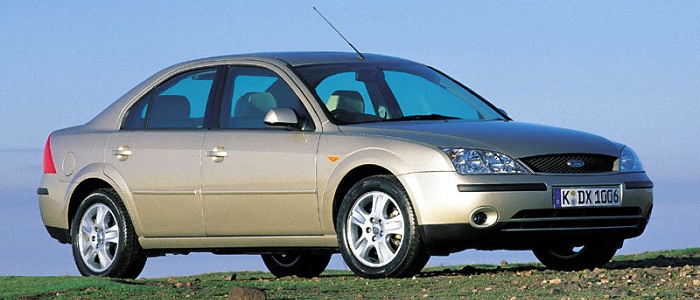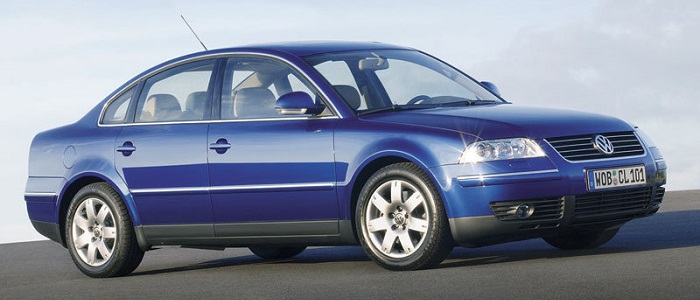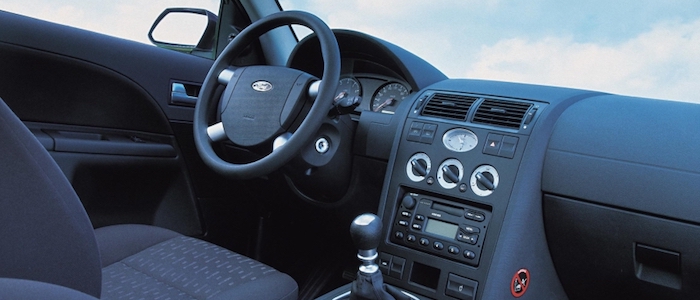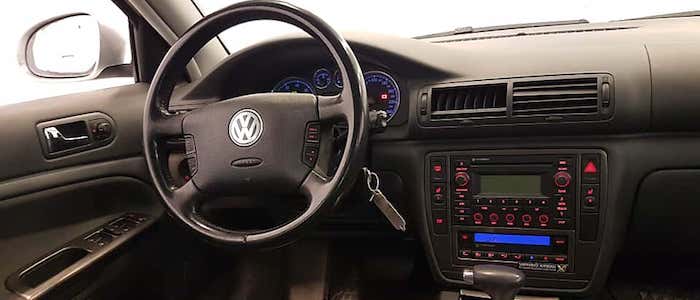Compare two cars
Compare any two cars and get our Virtual Adviser™ opinion
Marketing
Dimensons & Outlines
Engine
3.0 Duratec ST
Performance (manual gearbox)
Performance (automatic gearbox)
Expenses
Virtual Adviser's™ opinion
Two significantly similar cars, no doubt about that. Still, each one has something different to offer. Having both cars powered by petrol engines and utilizing the 4-door sedan body style within the same 'Large family car' segment, the only major difference here really is their wheel drive configuration (front for the Ford and 4 x 4 in the case of the Volkswagen). The first one has a Ford-engineered powertrain under the hood, a 6-cylinder, 24-valves 226hp unit, while the other one gets its power and torque from a 6-cylinder, 30-valves 193hp engine designed by Volkswagen.
SafetyThe first thing to look into here would be the results from European New Car Assessment Programme (Euro NCAP) tests performed on the two cars. Good thing is that both vehicles got tested, with the same number of safety stars gained in the process. That aside, let's consider some other aspects which affect safety. Both vehicles belong to the large family car segment, which is generally a good thing safety-wise, but that fact doesn't break the tie between the two cars. On the other hand, when it comes to weight, a factor that most people underestimate, the German car offers a marginal difference of 6% more metal.
ReliabilityManufacturers have been building their reliability reputation for decades now and, generally speaking, it appears that Ford does have a slight advantage, when all the models are taken into account. These are the official statistics, while our visitors describe reliability of Ford with an average rating of 4.4, and models under the Volkswagen badge with 4.2 out of 5. The same official information place Mondeo as average reliability-wise, and Passat is more or less at the same level.Above it all, drivers of cars with the same engine as the American car rank it on average as 5.0, while the one under the competitor's bonnet gets 4.9 out of 5.
Performance & Fuel economyFord is a bit more agile, reaching 100km/h in 0.4 seconds less than its competitor. In addition to that it accelerates all the way to 243 kilometers per hour, 5km/h more than the other car. When it comes to fuel economy things look pretty much the same for both cars, averaging around 10.5 liters of fuel per 100 kilometers (27 mpg), in combined cycle.
Verdict
Ford appears just a bit more reliable, although the difference is truly marginal. The most important thing when deciding between any two vehicles should always be safety, both passive and active. In my opinion, everything taken into account, the German car offers slightly better overall protection and takes the lead. From there things take a different direction, with Ford offering somewhat better performance, just enough to call it quicker. To make things even better, it consumps less fuel! I believe that, when we take all into account, we have only one winner here - the Ford. In any case that's my personal view, built upon all the data available to me. What should decide here though is the way you feel about the two vehicles, and I hope you'll find my guidelines useful in the process. In case you have two minutes to spare I invite you to define your needs, desires and budget and see which car would be chosen by the virtual adviser™, among more than 12.000 different ones in our database.

































